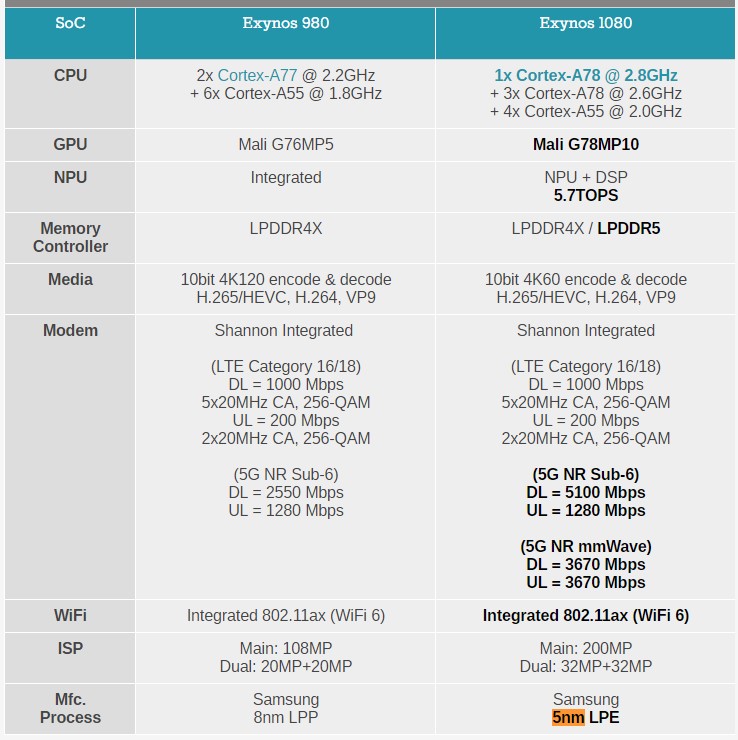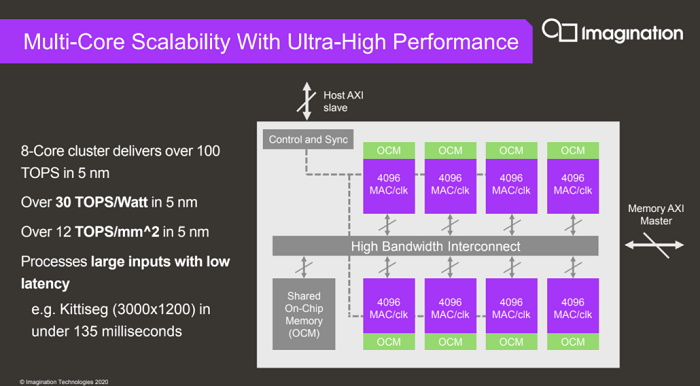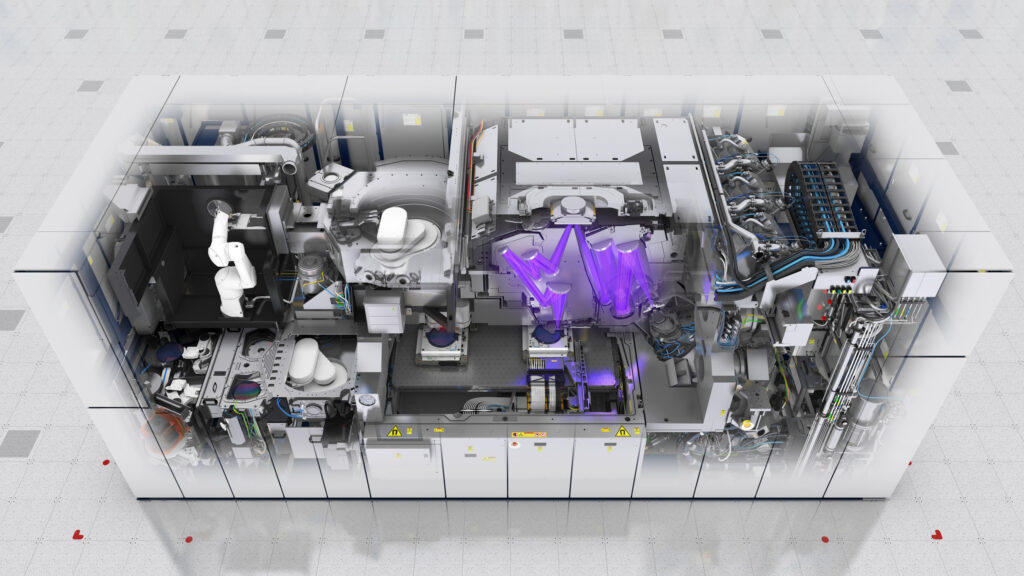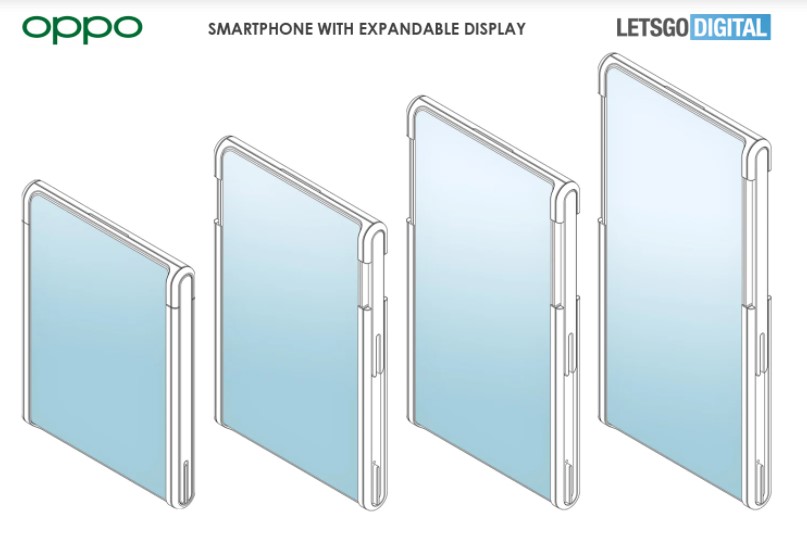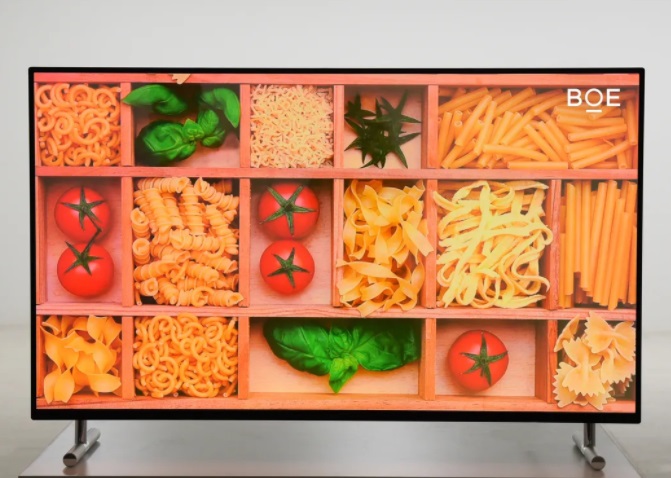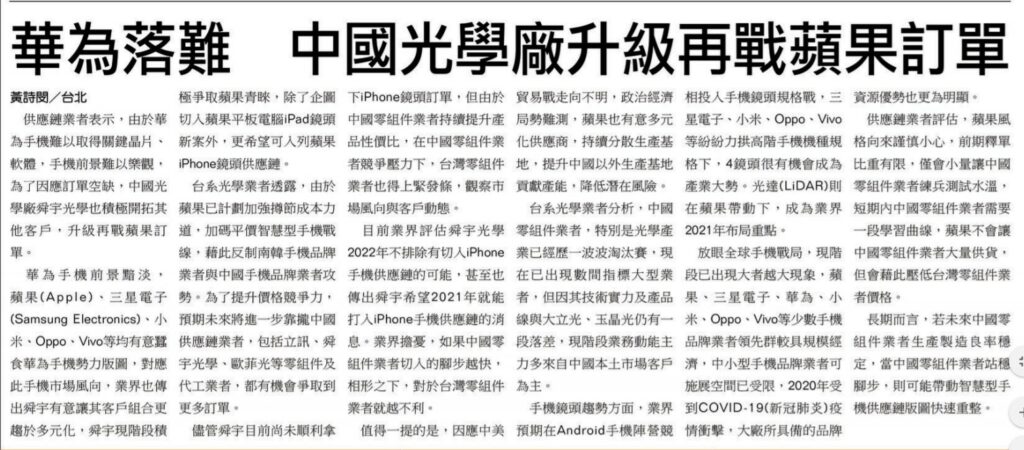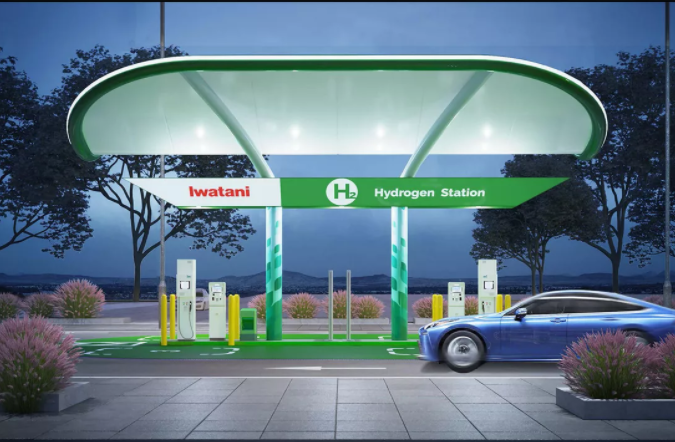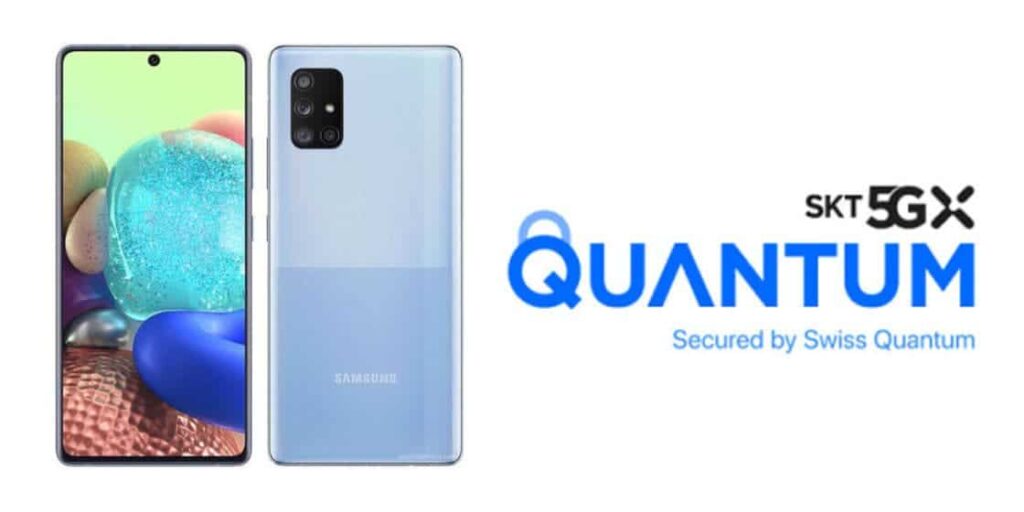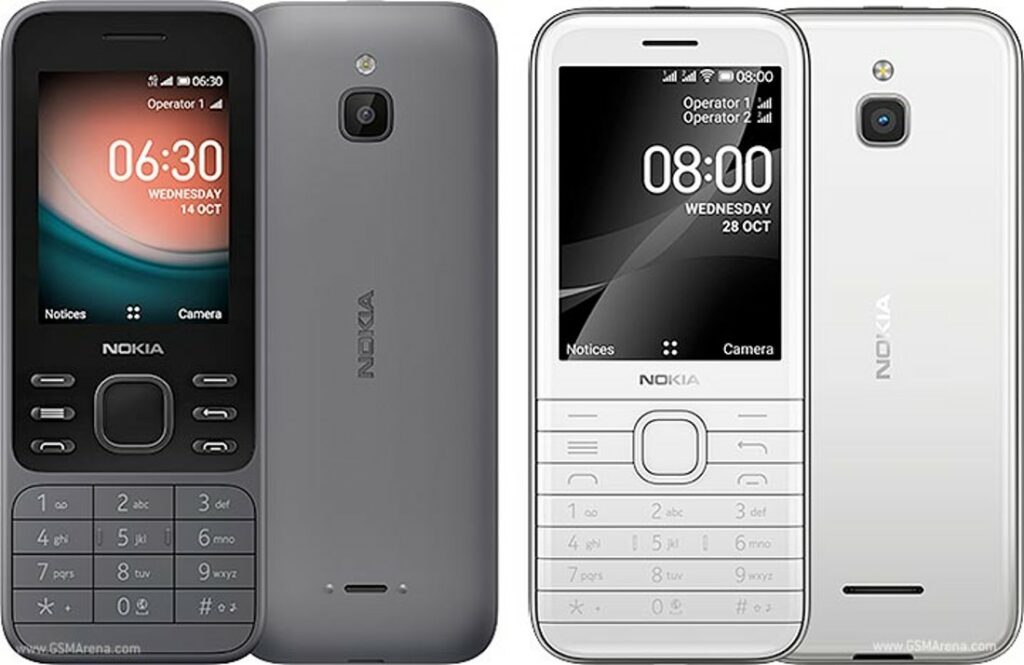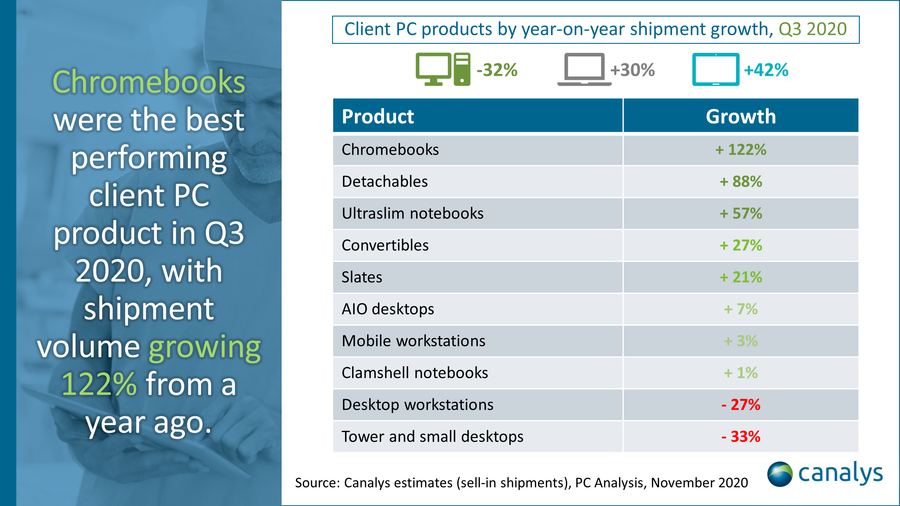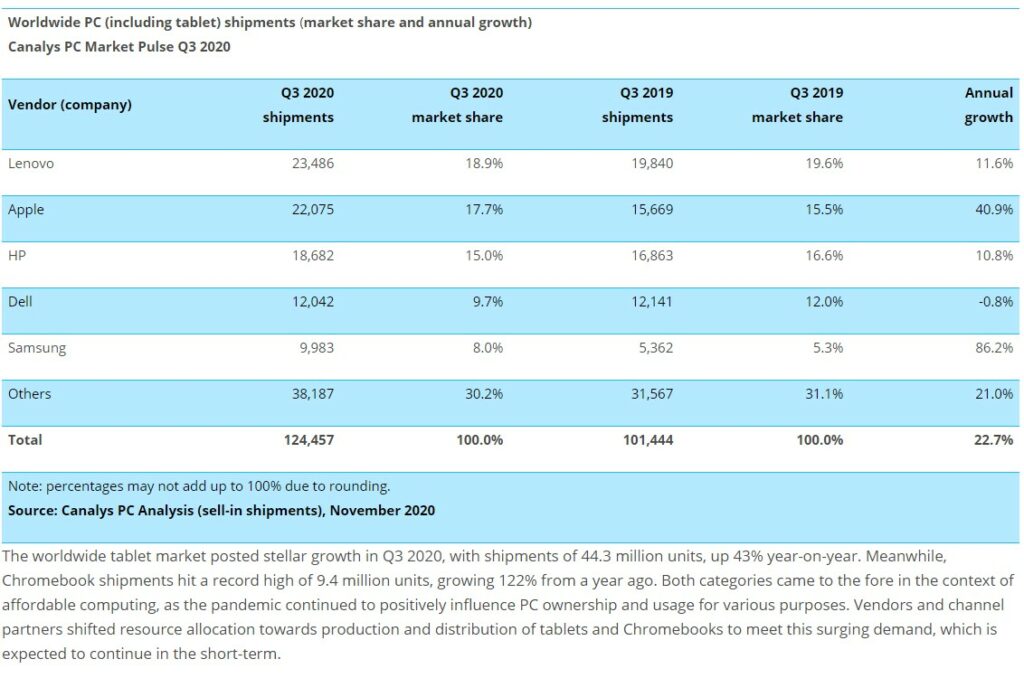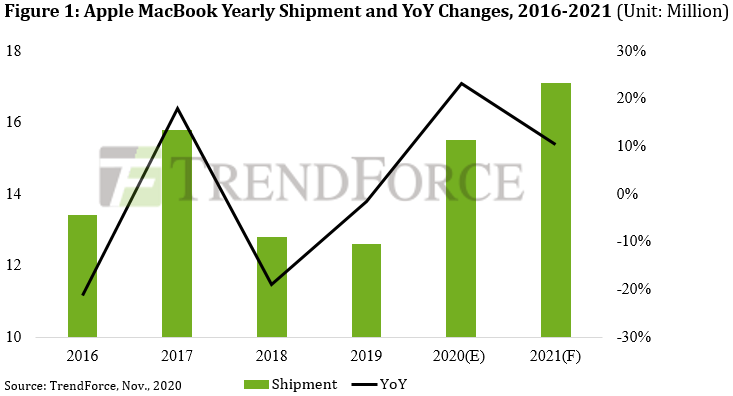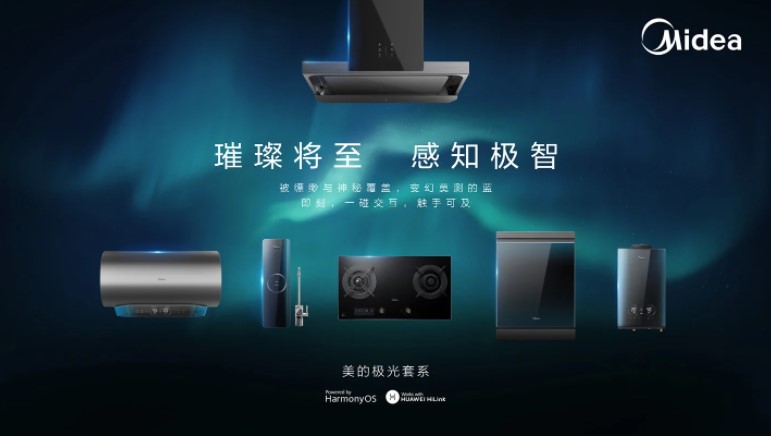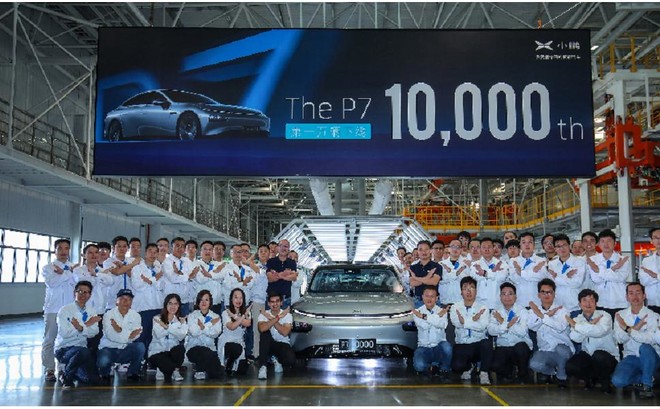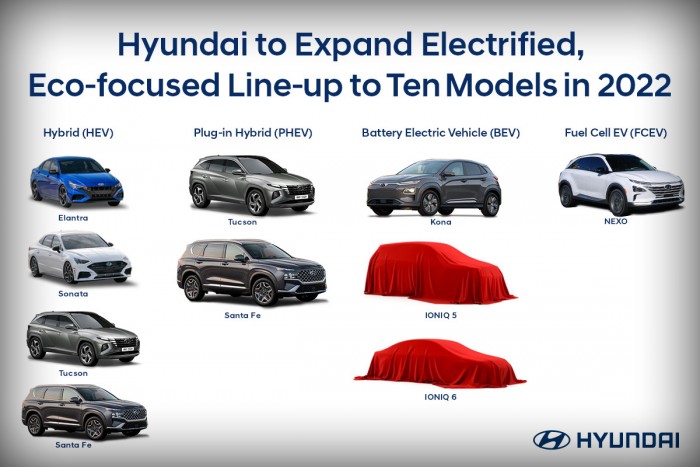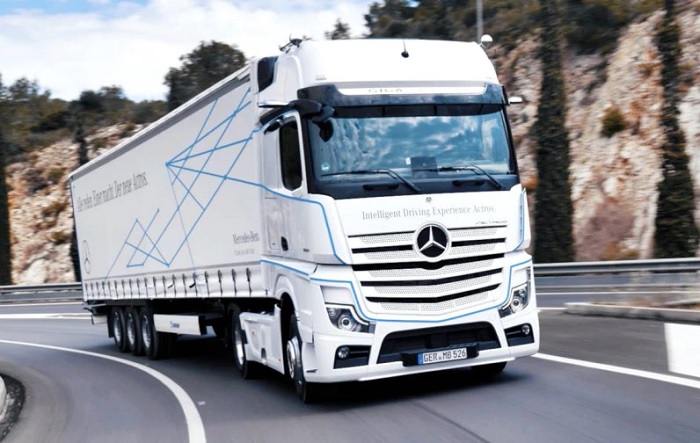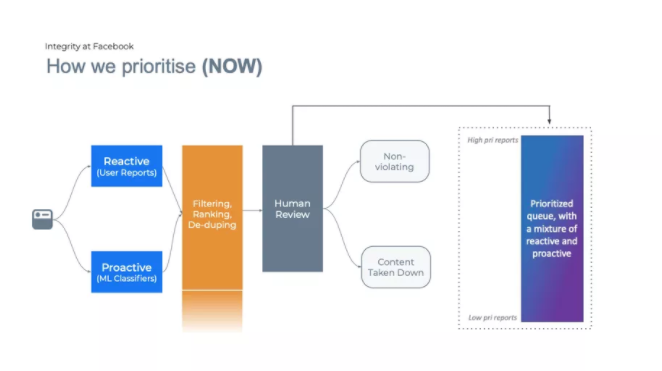
11-14 #Fired: Qualcomm has received a licence from the US government to sell 4G mobile phone chips to Huawei; TSMC has already placed an order for at least 13 ASML’s Twinscan NXE EUV; etc.
Samsung LSI has announced the new Exynos 1080 SoC. It is Samsung’s first processor fabricated on a 5nm EUV-based FinFET process. It is a premium mid-range chipset that will power the company’s next generation of high-end smartphones. Samsung will also offer its new processor to other OEMs. (AnandTech, Android Headlines, Samsung)
Qualcomm has received a licence from the US government to sell 4G mobile phone chips to Huawei, an exemption to US trade restrictions imposed amid rising tensions with China. (GizChina, GSM Arena, Reuters, Business Times, CN Beta)
Imagination Technologies announces IMG Series4, its next-generation neural network accelerator (NNA) for advanced driver-assistance systems (ADAS) and autonomous driving. Featuring a new multi-core architecture, Series4 delivers ultra-high performance of 600 tera operations per second (TOPS) and beyond, offering low bandwidth and exceptionally low latency for large neural network workloads. (CN Beta, Sina, Design Reuse, Imagination)
TSMC has indicated that it has deployed around 50% of all extreme ultraviolet (EUV) lithography tools installed and run worldwide, which means that it uses more EUV machines than any other company in the industry. TSMC reportedly plans to stay ahead and has already placed an order for at least 13 ASML’s Twinscan NXE EUV scanners due to be delivered in 2021. Meanwhile, TSMC’s actual needs for 2021 might be as high as 16–17 EUV scanners. (CN Beta, AnandTech, Digitimes, Tom’s Hardware)
OPPO has filed a patent featuring a smartphone design with an extendable display. The display on this smartphone can be extended by pulling it upwards. Hence, it can be transformed into a traditional smartphone from a tiny phone from years ago. (Gizmo China, LetsGoDigital)
BOE has unveiled a 55” 4K active-matrix Quantum Dot light-emitting diode (AMQLED) display. The display adopts electroluminescent quantum dot technology and has a resolution of 3840×2160 pixels, a colour gamut of up to 119% NTSC, and a contrast ratio of 1000000:1. (Gizmo China, IT Home)
Sunny Optical Technology expects orders from Huawei to sharply decrease due to US trade sanctions and is making efforts to compete for orders from Apple, according to Digitimes. Sunny Optical hopes to become a supplier of lens modules for used in iPhone in 2021, but such hopes could be more realistic in 2022. (Phone Arena, Digitimes, press)
Toyota, one of a few automakers carrying the fuel-cell torch, announced it has plans for 7 new hydrogen fueling stations in southern California. Toyota is partnering with Iwatani, a company focused on hydrogen fueling infrastructure, to expand retail fueling stations in the area. Iwatani and Toyota said the seven new locations will increase hydrogen fuel-dispensing capacity by 6,300 kilograms per day. (CN Beta, Toyota, CNET)
Vodafone Group Plc is considering raising about EUR4B (USD4.7B) from an initial public offering (IPO) of its European towers unit early 2021. U.K.-based Vodafone is planning to list its Vantage Towers unit in Frankfurt as soon as the first quarter in a deal that could value the business at around EUR20B, including debt. (CN Beta, Bloomberg, Yahoo, Seeking Alpha)
China Telecom and Guodun Quantum are currently developing a smartphone project that supports quantum secure calls. The project will be promoted by the newly established joint venture company China Telecom Quantum Technology. It will be oriented to the civilian market with a quantum call function. This service/phone should come to the end users at the end of 2020 or early 2021 and will be distributed to consumers through China Telecom’s channels. (GizChina, The Paper, Sohu, Sina)
HMD Global announces Nokia 6300 4G and 8000 4G: Nokia 6300 4G – 2.4” 240×320 TFT, Qualcomm Snapdragon 210, VGA camera, 512MB+4GB, KaiOS, removable 1500mAh, EUR49. Nokia 8000 4G – 2.8” 240×320 TFT, Qualcomm Snapdragon 210, 2MP camera, 512MB+4GB, KaiOS, removable 1500mAh, 512MB+4GB, EUR79. (GSM Arena, Nokia)
According to Canalys, the total PC market (including tablets) enjoyed a second successive quarter of stellar growth, with total shipments of 124.5M units, up 23% year-on-year. Lenovo led the global market with 23.5M tablets, notebooks and desktops shipped followed closely by Apple with 22.1M Macs and iPads. HP, Dell and Samsung rounded out the top five. Chromebooks were the best performing client PC product in 3Q20, as shipments grew 122% to a total of 9.4M. (Canalys, GizChina)
Owing to the rise of the stay-at-home economy brought about by the COVID-19 pandemic, yearly Apple MacBook shipment for 2020 is expected to reach 15.5M units, a 23.1% increase YoY, according to TrendForce . Thanks to the release of the new Mac models and the Apple Silicon M1 processor, MacBook shipment is expected to set a record high in 2021 by reaching 17.1M units and potentially growing by more than 10% YoY. (CN Beta, TrendForce, TrendForce)
Garmin has introduced a pregnancy tracker to Garmin Connect. With this feature, it hopes that women would have an easier way of transitioning from tracking their menstrual cycle to monitoring their pregnancy. The company also said that the smartwatch would help pregnant women in tracking their heart rate, stress level, fatigue or faster breathing. Moreover, it will allow women to track the progress of their pregnancy on a weekly basis. (CN Beta, Financial Express, Android Community)
Midea has launched a series of new smart home products, which are powered by Huawei’s HarmonyOS. The new products are a part of Midea’s smart and interactive home appliances. This includes water heaters, dishwashers, smart stoves, and many more. (Gizmo China, IT Home, Sohu)
Xpeng Motors’ smart car factory in Zhaoqing, Guangdong is an important reason for the rapid delivery of the Xiaopeng P7 model. Starting in May 2020, in less than 160 days, the plant rolled 10,000 Xiaopeng P7 units off the assembly line, claiming to have created the record for the fastest 10,000 units off the assembly line of all single models among the new car-making forces at this stage. The company’s second manufacturing base has landed in Guangzhou Development Zone in Sept 2020 and has received strong support from the Guangzhou Municipal Government. It is planned to be officially put into operation before the end of 2022. (CN Beta, Yahoo, Barron’s)
Hyundai has announced its commitment to offer 10 electrified, eco-focused vehicles by the end of 2022, including seven SUVs and three car models. This product blitz includes eco solutions for many of Hyundai’s current products as well as all-new models, such as the Ioniq 5 and Ioniq 6. Product details for these Hyundai models have a steady roll out cadence throughout the 2021/2022 timeframe. (CN Beta, Hyundai, Automotoportal)
Eighteen months ago, Uber’s self-driving car unit, Uber Advanced Technologies Group (ATG), was valued at USD7.25B following a USD1B investment from Toyota, DENSO and SoftBank’s Vision Fund. Now, Aurora Innovation, the startup founded by three veterans of the autonomous vehicle industry who led programs at Google, Tesla and Uber, is in negotiations to buy Uber ATG. (CN Beta, TechCrunch, Auto News, Business Insider)
Germany’s Daimler AG and its China commercial vehicle partner Beiqi Foton Motor plan to invest CNY2.75B (USD415.32M) to build Mercedes-Benz-branded Actros heavy trucks for the first time in China. The partners plan to revamp plants at their joint venture Beijing Foton Daimler Automotive (BFDA) in China’s capital Beijing and add a production line, giving the plant a capacity of 50,000 Actros trucks a year. (CN Beta, Reuters)
Facebook has always made it clear it wants artificial intelligence to handle more moderation duties on its platforms. It has announced its latest step toward that goal: putting machine learning in charge of its moderation queue. Posts that are thought to violate the company’s rules (which includes everything from spam to hate speech and content that “glorifies violence”) are flagged, either by users or machine learning filters. (CN Beta, The Verge, Engadget)
PayPal has announced that all eligible PayPal account holders in the U.S. can now buy, hold and sell cryptocurrency. It would soon support bitcoin (BTC), ethereum (ETH), bitcoin cash (BCH), and litecoin (LTC). (TechCrunch, The Verge, Bitcoin, Coindesk)

